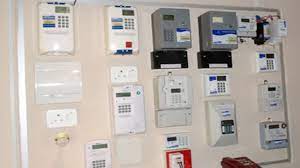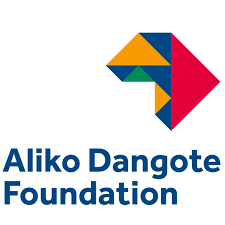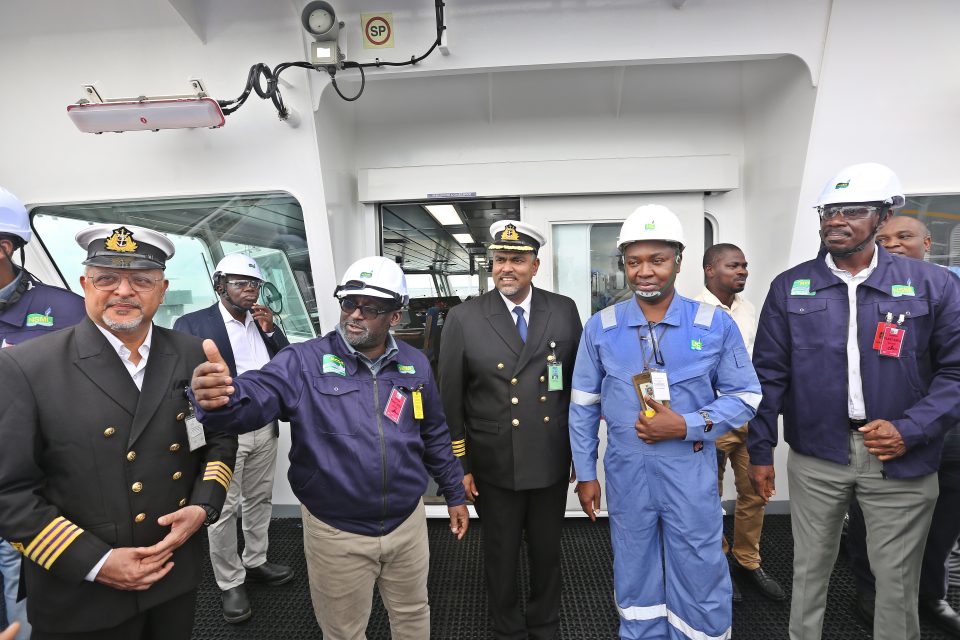Nigeria’s National Grid has achieved frequency control of between 49.80Hz and 50.20Hz for 64.47% of the time and frequency control between 49.75Hz and 50.25Hz for 85.55% between December 27, 2018, and January 12, 2019.
The frequency control is the best ever achieved in the history of Nigeria and is also the best in West Africa as at today.

Transmission Company of Nigeria, TCN said the frequency control achieved from January 8-12, 2019, is the best so far by any power utility in West Africa.
The Management of TCN decided to further stabilise the frequency after the Workshop on frequency control organised by the West African Power Pool in Nigeria from December 17-19, 2018.
The Nigerian Grid Code Frequency Standard is 49.75Hz and 50.25Hz while the WAPP Frequency standard is 49.80Hz and 50.20Hz. Currently, West African Power Pool operates three islands due to poor frequency control.
To ensure the entire region is synchronised into one, the Executive Board of WAPP obtained a grant from the World Bank to support the effort.
The Workshop which took place in Nigeria recently is one of the series of such Workshops supported by the World Bank. The World Bank grant will also procure some specialised equipment to be installed in various international interface points.
According to the General Manager (Public Affairs) Mrs. Ndidi Mbah, a small task force was formed after the Workshop to drive the achievement of the synchronization effort. The team which comprises three engineers, all Nigerians are pioneering the effort with the support of Generation Companies.
Nigeria has a comparative advantage in power generation in West Africa. However, the advantage cannot be optimised fully until power from the entire sub-region power is synchronised into one and necessary infrastructure constructed.
In a related development, the Meeting of the Heads of States and Government of ECOWAS has approved the WAPP 2018 Transmission and Generation Master Plan.
The WAPP 2018 Master Plan is expected to provide a
330kV line from Nigeria to Senegal and will enable Grid connection between WAPP
and Central Africa Power Pool on the one hand and North Africa Power Pool on
the other hand
The WAPP 2018 Master Plan includes the Eastern Transmission Backbone which will
put in place 330kV Double Circuit transmission lines and substations from
Calabar-Ikom-Ogoja-Kashimbila-Jalingo-Yola-Hong-Biu-Damaturu-Potiskum-Azare-Dutse
and terminate in Jogana (Kano).
As part of WAPP priority, the Eastern backbone will attract more concessionary funding from multinational resources of donor agencies. The Median Transmission Backbone which comprises 330kV DC line from Shiroro-Zungeru-Kainji-Parakuo to Northern Ghana and finally ends in Cote D’ Ivoire is also part of the approved master plan.
The frequency control collectively achieved with the active support of generation companies need to be sustained as it will assist significantly in further stabilizing the Grid to meet the need of electricity customers in Nigeria. As the frequency becomes more stable, more electricity customers who are hitherto outside will seek to be connected.


















